Israeli strikes on Iran: What we know so far
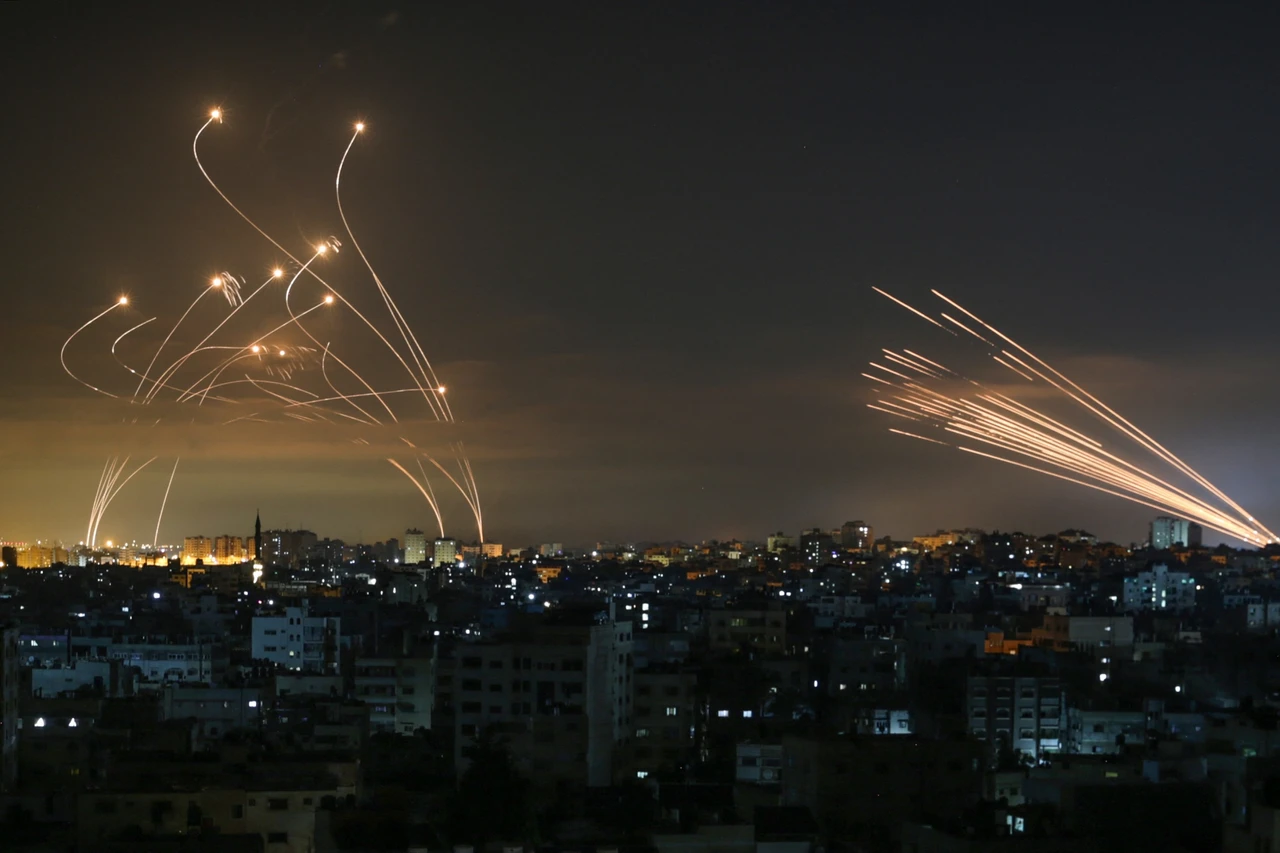 The Israeli Iron Dome missile defence system, left, intercepts rockets fired by Hamas in May 2021. (AFP Photo)
The Israeli Iron Dome missile defence system, left, intercepts rockets fired by Hamas in May 2021. (AFP Photo)
Israeli airstrikes on Iranian military targets early Saturday resulted in the deaths of two Iranian soldiers, marking another escalation in the ongoing conflict. Israel claimed the strikes were in retaliation for Iran’s Oct. 1 missile attack.
Why it matters
- The strikes deepen the already intense conflict between Israel and Iran, which has regional and global implications.
- Iran and Israel have been involved in ongoing military actions, with both countries targeting each other’s assets directly and indirectly. Iran mostly used its proxies.
- The international community, including the U.S. and U.K., is calling for de-escalation, fearing further destabilization in the Middle East.
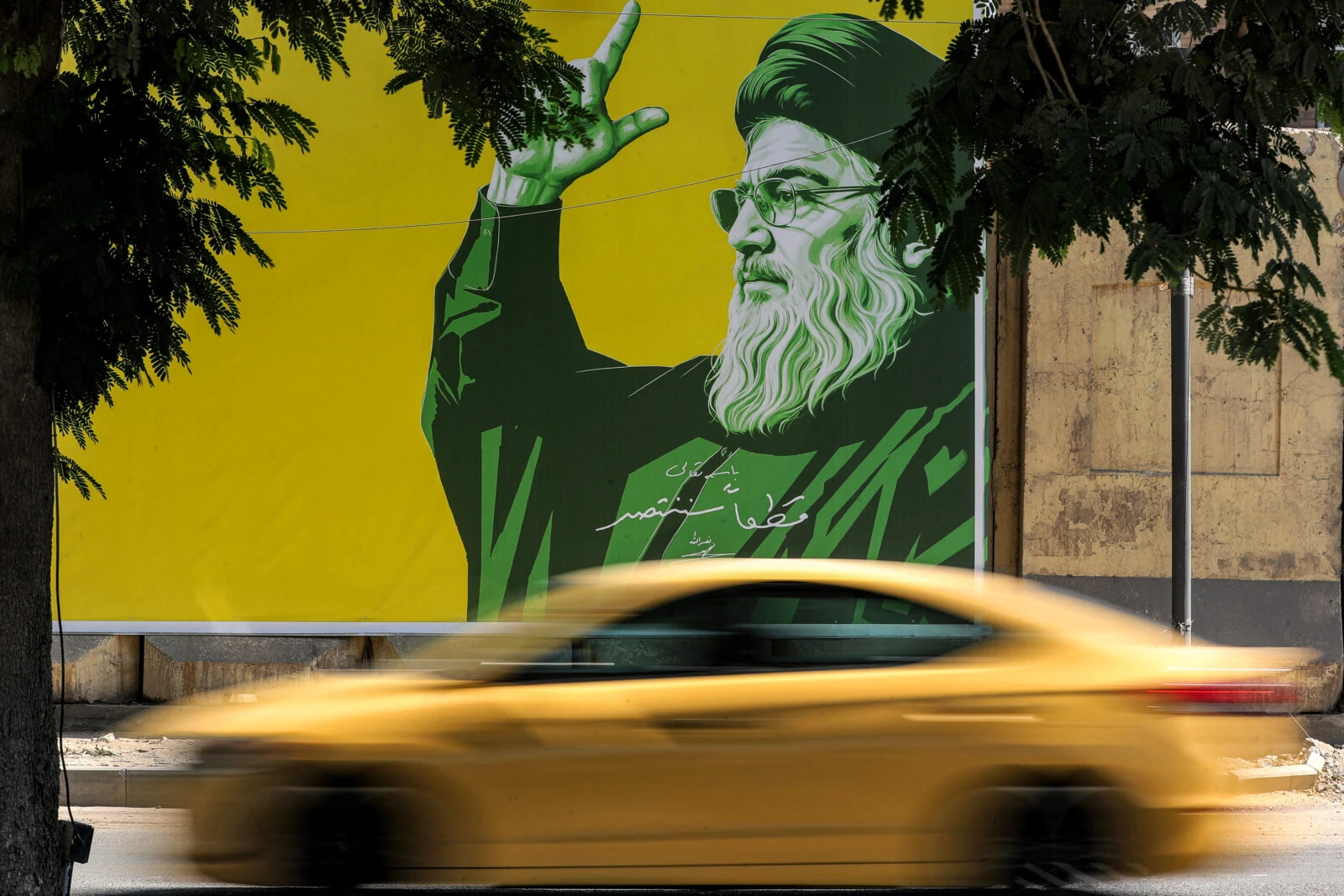
The big picture
- The Israeli army conducted “precise strikes” on Iranian military facilities, targeting missile manufacturing sites and air defense systems.
- This attack comes after months of escalating tensions, with Iran retaliating for Israeli strikes and supporting Hamas and Hezbollah against Israel.
- Tehran’s Oct. 1 missile strike, which launched around 200 ballistic missiles at Israel, was in response to Israeli actions targeting Iranian-backed forces.
- There are reports that Israel’s last attack was rather weak and that a ‘limited’ attack was carried out as a result of pressure from the United States.
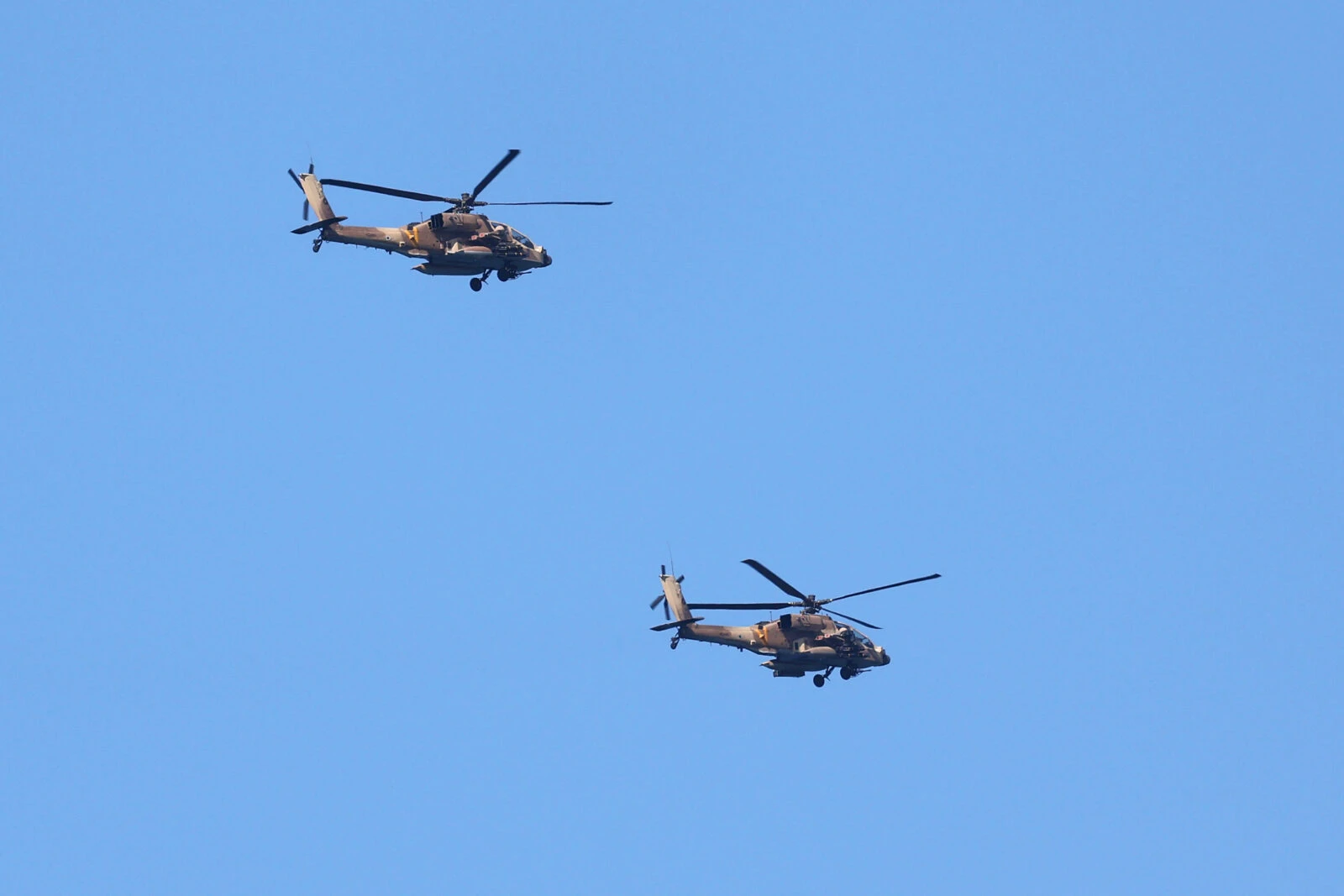
By the numbers
- 2 Iranian soldiers were reportedly killed in the Israeli airstrikes.
The army of the Islamic Republic of Iran, in defending Iran’s security and protecting the people and Iran’s interests, sacrificed two of its fighters while countering projectiles from the criminal Zionist regime.
Iranian army
- Iran launched 200 ballistic missiles at Israel on Oct. 1.
- 1,206 people in Israel were killed by the Oct. 7 Hamas attack, according to official Israeli figures.
- At least 42,924 people have been killed by Israel since the Israel-Gaza war began.
- The name of the operation is dubbed by the Israeli military “Days of Repentance.”
- Three waves of attacks involved 100 fighter jets, according to Israeli sources.
- The U.S. and U.K. were among the countries urging for restraint, while many countries, including Türkiye, condemned Israel’s actions.
- About 20 missile sites, air defense installations and drone bases were hit, but Iranian officials deny these claims.
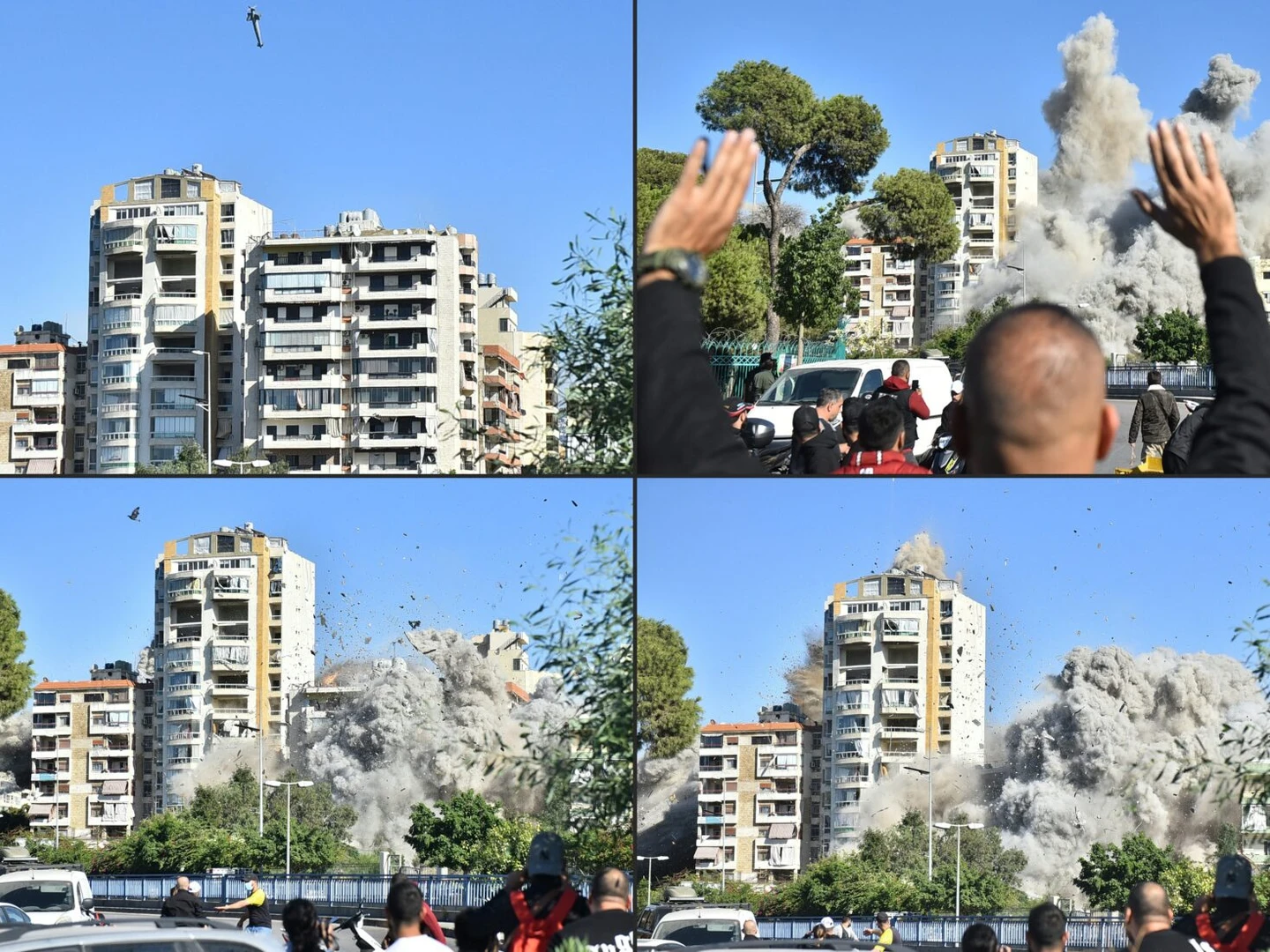
Background on Israeli attacks
On Oct. 1, Iran launched a missile strike against Israel, prompting a warning from the Tel Aviv government that a response would ensue. Iranian media reported Israel targeted several military bases in western and southwestern Tehran. The Israeli military confirmed its attacks on military objectives in Iran.
Hours after these assaults, loud explosions were again heard in Tehran. Iranian state television reported that these sounds came from the east of the city and were caused by missiles fired from air defense systems in response to the Israeli attack, stating that military facilities had not been hit.
In the aftermath of the strikes, Iran announced that it had closed its airspace until further notice. The Iranian Emergency Center indicated that there were no reported casualties from the attacks.
The Israeli military confirmed that it conducted strikes on certain military facilities in Iran, asserting that the operation was “successfully completed.”
Nonetheless, the Iranian official reiterated that the claim of Israel targeting 20 sites within the country is false, emphasizing that no military installations in Tehran were affected.
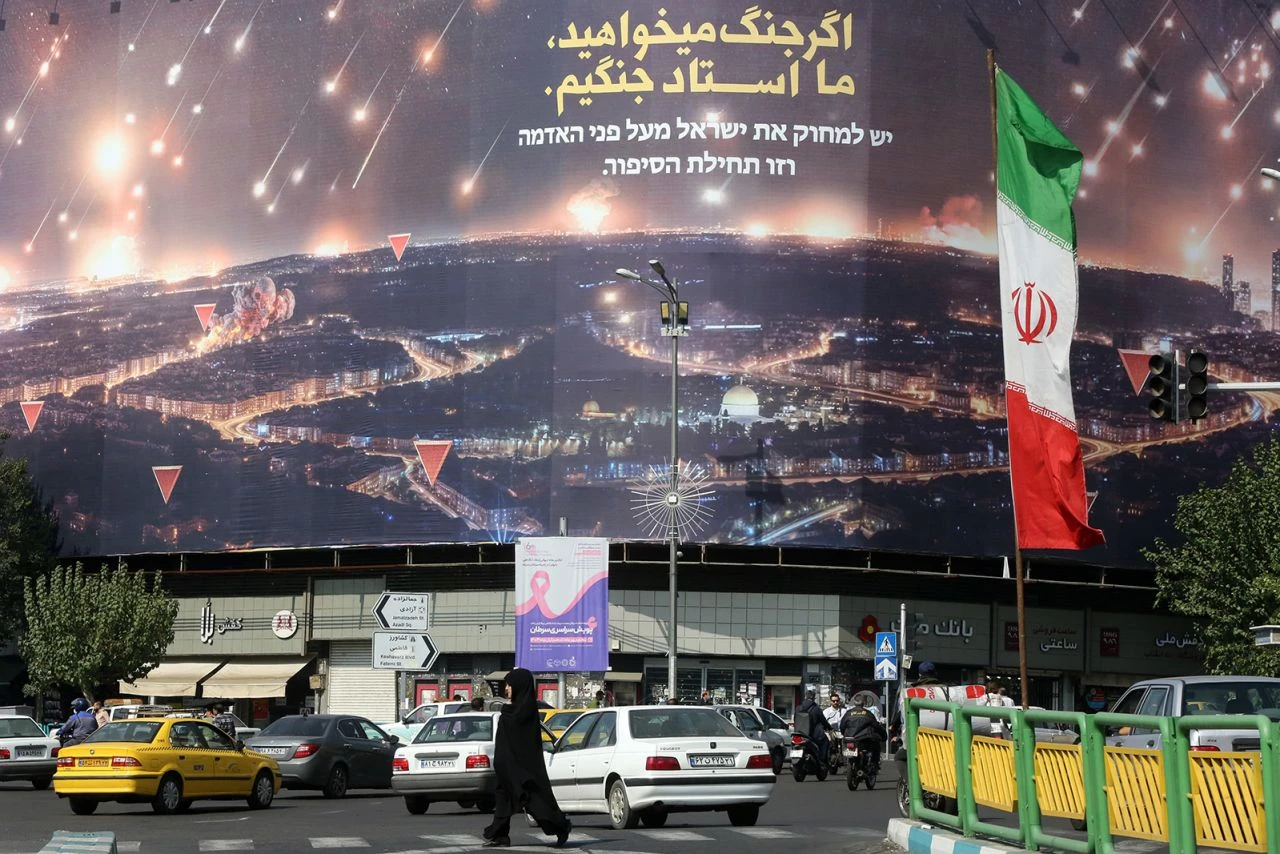
What’s next
- Further retaliatory actions could occur, with both Iran and Israel signaling no immediate de-escalation.
- Iran claims the right to self-defense after Israeli strikes, hinting retaliation strikes against Israel might occur.
- Regional players, including Hezbollah and Hamas, may intensify their involvement, potentially broadening the conflict.
- Diplomatic efforts from countries like Qatar and Oman aim to reduce tensions, but it remains unclear how effective these interventions will be.



